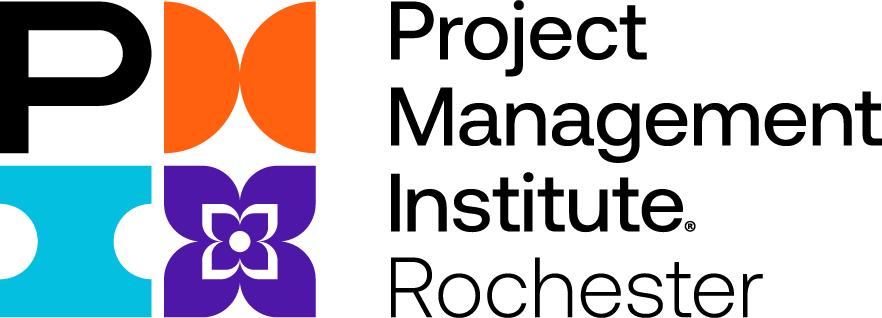29 May 2025 at 07:15AM
The Unseen Hand: How Good Mentors Shape Futures and Build SuccessContinue reading
27 October 2023 at 06:00AM
Using Lessons Learned To Keep a Project from Haunting YouGiven it’s spooky season, I’ve been thinking about projects that “haunt” me. In the world of project management, every project undertaken is a unique journey, ...
Continue reading06 July 2022 at 11:00AM
How to Be an Effective Project ManagerThe key to a business's success is how it develops and executes its projects. HRDrive reported on a study that found that project management is one of the most...
Continue reading10 May 2022 at 11:00AM
Skills to Look for From Project ManagersProject management is leading a team to complete specific objectives within a given timeframe and budget. Being able to lead a project is a highly in-demand sk...
Continue reading


